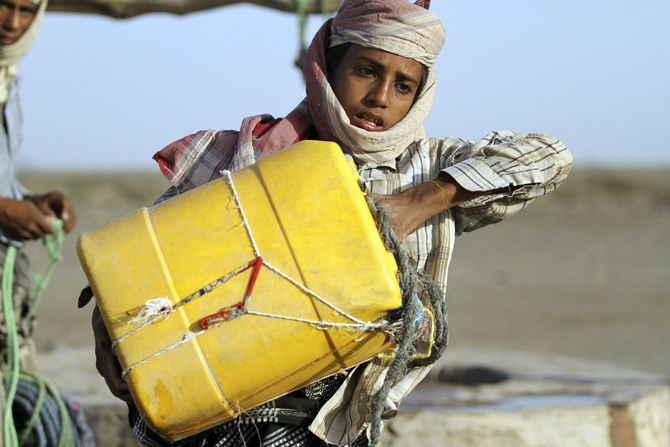
MILAN (Reuters Breakingviews) - Italy, the first developed nation to get thoroughly thwacked by the coronavirus, earlier this week began allowing some pharmacies to provide Covid-19 vaccines to eligible citizens. While that’s more than two months behind the UK and United States, it’s at least a step forward. So, it’s unfortunate to see Prime Minister Mario Draghi’s government spending so much of its political capital arguing about another bewildering measure it unveiled this week in the name of protecting people from the virus.
On the same day, Draghi, 73, was getting his first dose of the AstraZeneca jab, his health minister – a leftist career politician with a political science degree who was left over from the previous government - was busy trying to defend his decision to impose a 5-day quarantine on arrivals from European Union nations. The rule, which lasts a week, was meant to quiet complaints from the domestic tourism industry over rules that restrict movement between regions but still allow citizens to travel abroad to certain countries, like Greece or Spain, over the Easter holiday.
Instead, the hastily cobbled-together prohibition created a further stink, adding tour operators and those who’d already made travel plans to the list of the highly annoyed. Moreover, the science behind the decision was fuzzy. The logic of a 5-day quarantine for European states is odd given that some have infection rates higher than, say, Israel, the United States or the UK, who have 14-day quarantines. Moreover, successful vaccination drives in the United States and Britain have driven them off the quarantine lists for some countries, including Italian neighbour Switzerland.
“It’s an incomprehensible ordinance that creates more confusion and does not benefit anyone” was the succinct judgment of Ivana Jelinic, the owner of a travel agency. She’s right. But it’s not simply an Italian phenomenon. With French President Emmanuel Macron on Wednesday reversing course and plunging his country into another severe lockdown, such volte-faces have become sadly par for the course.
Germans are suffering similar whiplash. The country has been on and off again with its distribution of the AstraZeneca vaccination, sowing doubts about the treatment’s efficacy and safety. After fits and starts it is now being given to patients over 60. Meantime Chancellor Angela Merkel – who expressed early scepticism about the AstraZeneca shot – is bickering with state leaders, including Armin Laschet, the North Rhine-Westphalia premier who is primed to succeed her.
There are many good reasons for governments to yet again restrict civil freedoms. The number of Covid-19 patients in intensive care in France breached 5,000 this week, exceeding the peak hit during last fall’s virus surge. Yet a year after the first lockdowns, they risk further economic disruption and are fuelling a rising populist backlash that could upset the political order of the continent. That, in turn, could imperil any number of important economic initiatives, such as Covid-19 recovery and investment efforts.
Macron, who faces the polls just over a year from now, saw his approval rating fall in March by 4 percentage points to 37% in a poll conducted by IFOP and recently published by Le Journal du Dimanche. The new nationwide restrictions will likely worsen his standing relative to Marine Le Pen, the far-right candidate who will be his fiercest adversary in April 2022.
The common thread between Paris, Rome, Berlin and elsewhere are sluggish vaccination programmes which are being overtaken by the pace of new infections. The trouble with turning towards more draconian lockdown measures is they divert limited resources and political capital from the one thing that is proven to get their citizens, and economies, out of the crisis. The frequent shifts also erode public goodwill and faith in government efforts to eradicate the disease. Only about 16 doses have been administered per 100 people in Europe, compared to over 50 in the UK and 44 in America.
The sudden urgency being applied to border checkpoints and infractions of outdoor seating scofflaws needs to be extended to inoculations. Sadly, that doesn’t appear to be happening, even in nations known for brutal efficiency, like Switzerland. The tiny, super-rich nation punches way above its weight in pharma innovation and production, healthcare provision and, like the UK, isn’t a member of the EU, whose decision to collectively negotiate in nitpicking fashion with drug companies hampered vaccination capabilities from the start.
Switzerland is also home to many large corporate employers and multinationals, many of whom, like Zurich Insurance boss Mario Greco, have offered to play a role in distributing vaccines to their workers and customers. So far, public response from the federal council in Bern has been lukewarm, or worse, finger pointing.
At a press conference on Wednesday, when asked if companies could pitch in to help, Virginie Masserey, head of the infection control unit of the Federal Office of Public Health, acknowledged ongoing discussions, but was careful to remind reporters that ultimately it’s up to cantonal authorities to make that happen. There goes the European summer.












